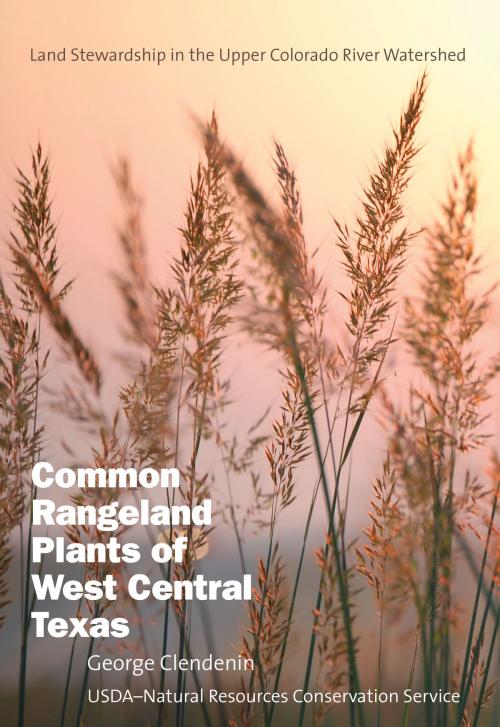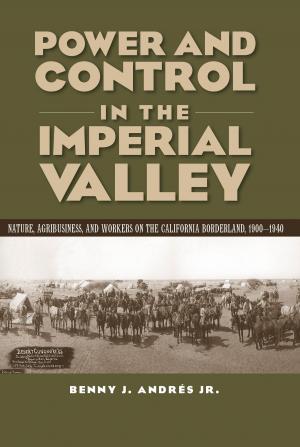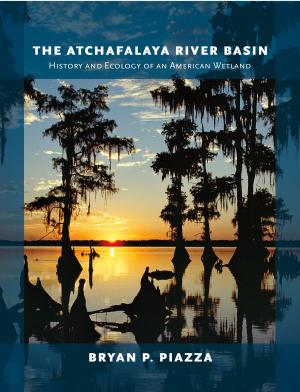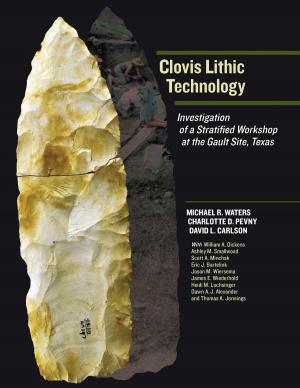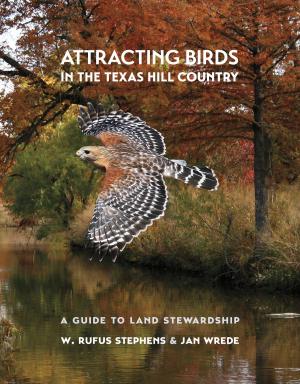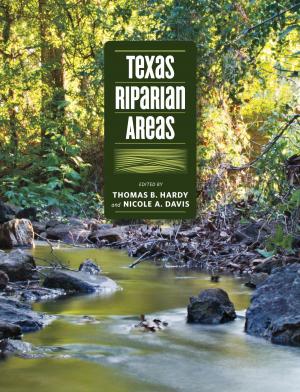Common Rangeland Plants of West Central Texas
Nonfiction, Science & Nature, Science, Biological Sciences, Botany, Nature| Author: | George Clendenin | ISBN: | 9781623493929 |
| Publisher: | Texas A&M University Press | Publication: | October 17, 2016 |
| Imprint: | Texas A&M University Press | Language: | English |
| Author: | George Clendenin |
| ISBN: | 9781623493929 |
| Publisher: | Texas A&M University Press |
| Publication: | October 17, 2016 |
| Imprint: | Texas A&M University Press |
| Language: | English |
Well-managed ranch lands or rangeland in Texas capture the rain that permeates our soils, sustains creeks and rivers, and replenishes aquifers, which, in turn, water our cities. The stewardship of the region is the focus of this book—the largest contributing watershed in the Colorado River Basin—viewed through the lens of its plant communities.
This field guide and management reference to four million acres of rangeland in the Concho River watershed of west central Texas offers general descriptions of more than 200 plant species, including information about the plant’s growing period, growth form, livestock and wildlife value, and special management issues. Accompanying photographs give the reader an idea of not only what the plant looks like on the range but also which identifiable features, such as flowers, fruit, or leaf shape, are most important to that particular plant.
In addition, several experts cover the use of fire and the management of deer, turkey, dove, and other wildlife in this region. A discussion of noxious, invasive, and toxic plants; historical accounts of the region; four useful appendixes; a glossary; and a plant list complete the impressive content of this comprehensive volume.
Well-managed ranch lands or rangeland in Texas capture the rain that permeates our soils, sustains creeks and rivers, and replenishes aquifers, which, in turn, water our cities. The stewardship of the region is the focus of this book—the largest contributing watershed in the Colorado River Basin—viewed through the lens of its plant communities.
This field guide and management reference to four million acres of rangeland in the Concho River watershed of west central Texas offers general descriptions of more than 200 plant species, including information about the plant’s growing period, growth form, livestock and wildlife value, and special management issues. Accompanying photographs give the reader an idea of not only what the plant looks like on the range but also which identifiable features, such as flowers, fruit, or leaf shape, are most important to that particular plant.
In addition, several experts cover the use of fire and the management of deer, turkey, dove, and other wildlife in this region. A discussion of noxious, invasive, and toxic plants; historical accounts of the region; four useful appendixes; a glossary; and a plant list complete the impressive content of this comprehensive volume.
